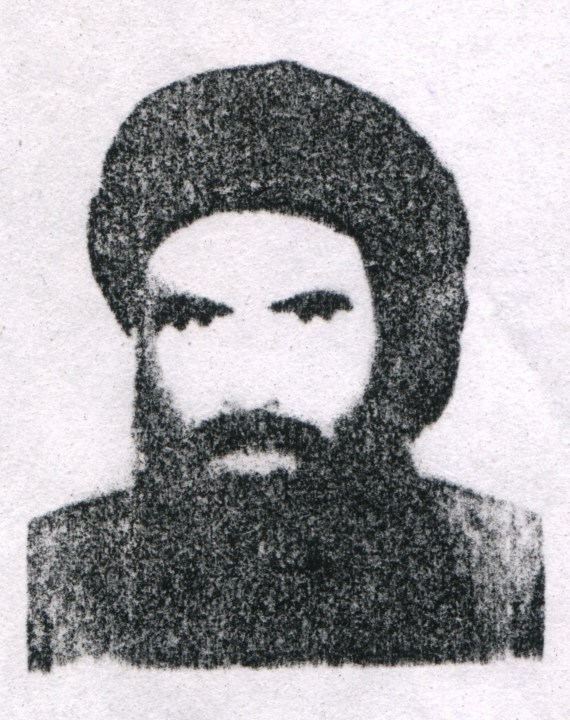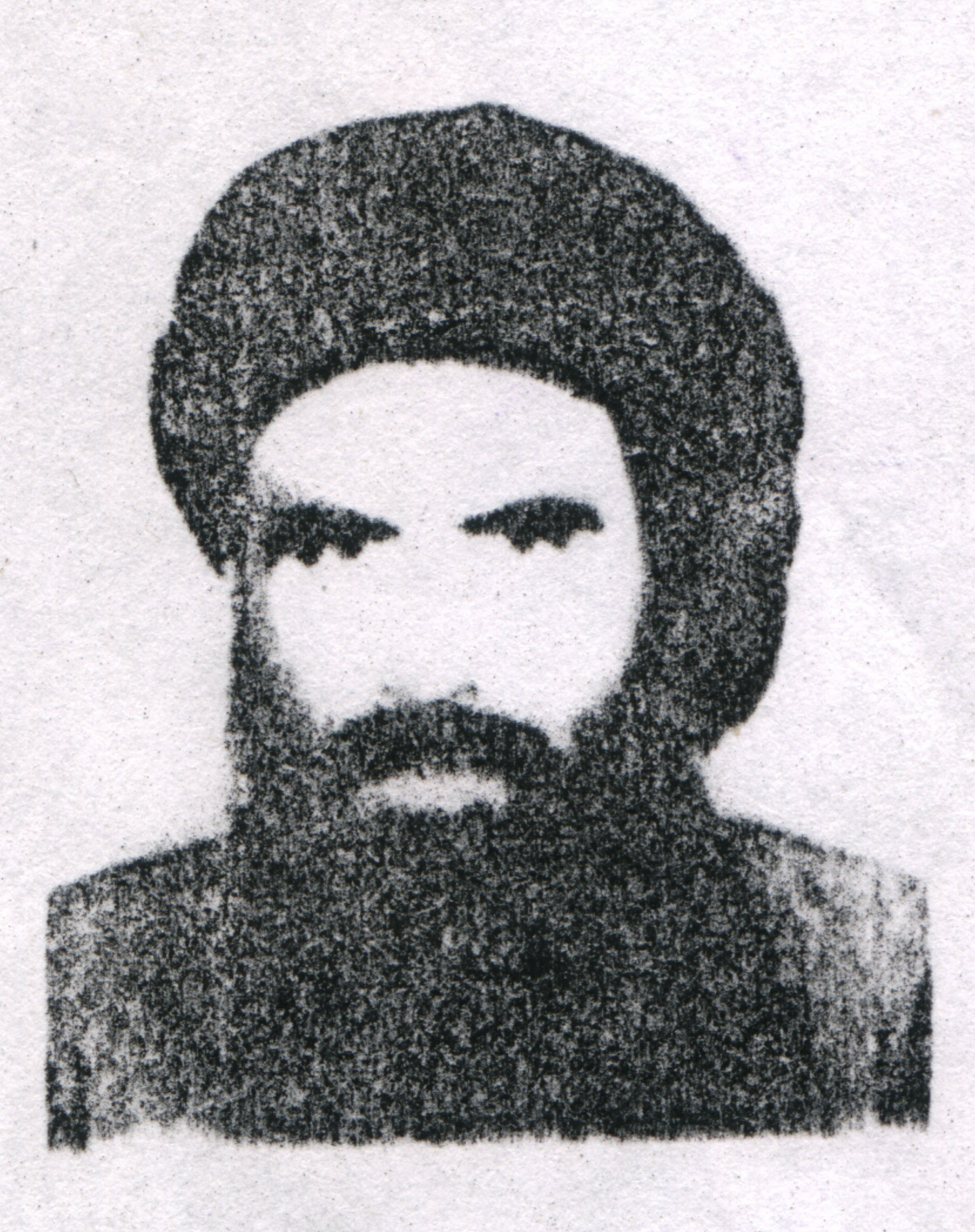How go those talks with the Taliban in Doha? Quietly, that’s how — although there’s a report in yesterday’s The Hindu that could reveal some of what’s being said, and is worth the time reading because of it. According to the paper’s diplomatic sources, the Taliban want Mullah Mohammed Omar installed as ‘supreme religious and political leader’ of Afghanistan. And, yes, that is the Mullah Omar who sheltered Al Qaeda when he actually was in charge of Afghanistan, and whose policy agenda included the death penalty for those converting to another religion, as well as the general subjugation of women, gay people, individuality, etc. He’s currently wanted to the tune of $10 million by the US State Department.
Mullah Omar’s effective reinstatement at the top of Afghan politics would be such a clear step backwards that I can’t see the West acquiescing. But, still, his name is appearing quite frequently in connection with these peace talks. A few weeks ago it was rumoured that he’d sent a letter to Barack Obama setting out some pre-conditions for peace, and, more recently, a printed ‘call for restraint’ appeared with his signature at the bottom. So is Mullah Omar trying to play nice? Or is it all American psy-ops, as Taliban militants are claiming?
One man who may know the answer is Ashfaq Parvez Kayani, the head of Pakistan’s Army, and former chief of the country’s secret service, which is thought to be harbouring Mullah Omar in Karachi.
Ahmed Rashid has already written for The Spectator about how Kayani has been cooperating
with the Taliban in the hope of securing a ‘pro-Pakistan government in Kabul’. And the article in The Hindu contains another hint of what that process might look like:
Little wonder why so few Western politicians now talk about building democracy in Afghanistan.‘Pakistan’s Army chief, Ashfaq Parvez Kayani, has also submitted several proposals to the White House for future power-sharing in Afghanistan. The plans, the informed sources said, advocate a federal arrangement which would devolve political power on armed groups based on their regional presence — an arrangement which would give the Taliban control of nine southern provinces.’







Comments